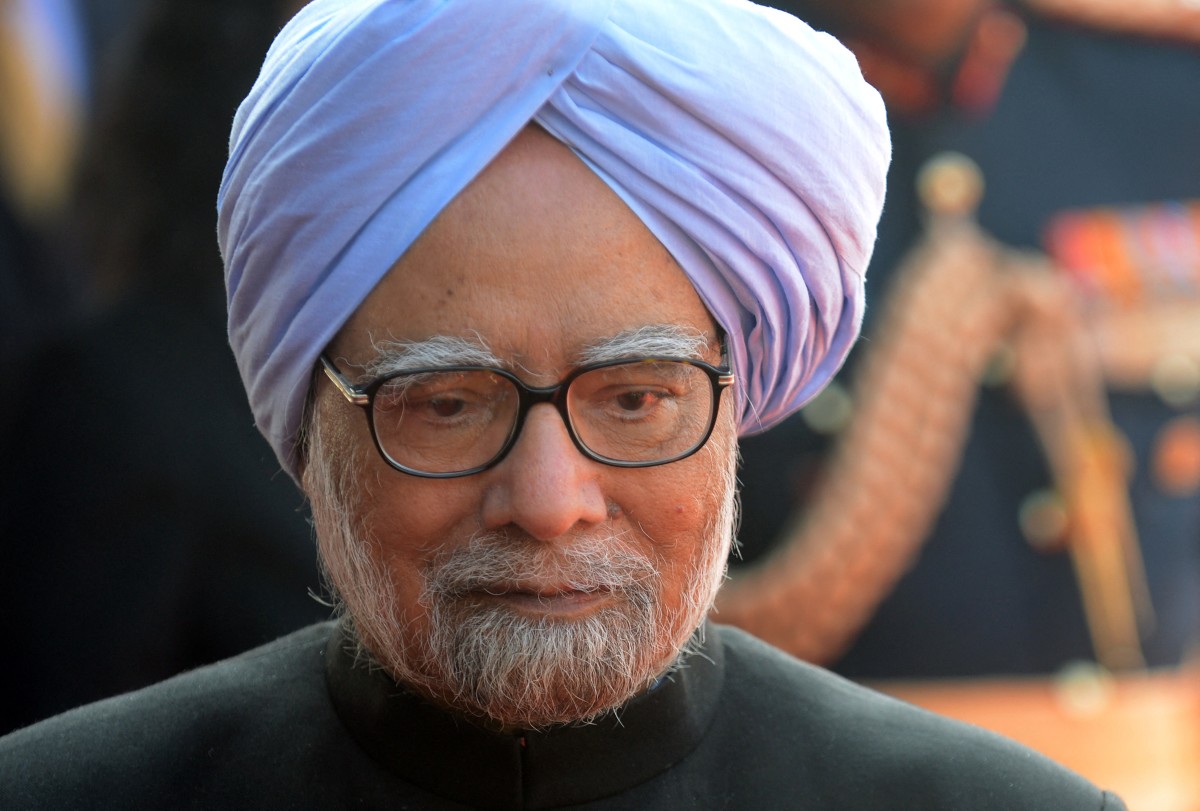British Prime Minister Boris Johnson was left reeling on Sunday after his Brexit minister resigned, ending a difficult week during which his Conservative party suffered a humiliating defeat in a local by-election and his own MPs rebelled over new coronavirus curbs.
David Frost, a trusted ally of the prime minister and former Brexit negotiator, sent his resignation letter late Saturday following reports that he was to leave his cabinet post in January.
“It is disappointing that this plan has become public this evening and in the circumstances I think it is right for me to write to step down with immediate effect,” he said in the letter, published by Johnson’s Downing Street office.
Frost told Johnson he had “concerns about the current direction of travel” regarding coronavirus regulations and tax rises.
Johnson responded that he was “very sorry” to receive the resignation, “given everything you have achieved and contributed to this government”.
The Mail on Sunday had that Frost handed in his resignation a week ago, but had been persuaded to stay on until the New Year.
Johnson is already reeling from a rebellion by 100 of his MPs in a parliamentary vote over coronavirus measures and the stunning loss of a 23,000-majority seat in a by-election.
That was partly blamed on a slew of reports that his staff and aides had held parties last Christmas despite virus restrictions in place at the time.
‘Running out of time’
The by-election loss for Johnson’s Conservatives intensified speculation of a leadership challenge.
Frost recently came second in a poll of most popular ministers held by ConservativeHome, an influential blog read by the grassroot Tories who could end up deciding Johnson’s replacement.
Health Secretary Sajid Javid told Sky News on Sunday that Frost was “an outstanding public servant”, adding that “I do understand his reasons, he’s a principled man, you know, principled people do resign from the government.”
The deputy leader of the main opposition Labour party Angela Rayner said the resignation demonstrated “a government in total chaos.
“@BorisJohnson isn’t up to the job. We deserve better than this buffoonery,” she tweeted.
Conservative MP Andrew Bridgen warned Johnson was “running out of time and out of friends to deliver on the promises and discipline of a true Conservative government.
“Lord Frost has made it clear, 100 Conservative backbenchers have made it clear, but most importantly so did the people of North Shropshire,” he wrote on Twitter.
And Arlene Foster, who stepped down as Northern Ireland’s first minister because of post-Brexit trading arrangements in the UK territory, said it had huge implications.
“The resignation of Lord Frost from the Cabinet is a big moment for the Government but enormous for those of us who believed he would deliver for NI,” she wrote on Twitter.
‘Turning point’
Frost told Johnson in his resignation letter: “I hope we will move as fast as possible to where we need to get to: a lightly regulated, low-tax, entrepreneurial economy.
“We also need to learn to live with Covid and I know that is your instinct too,” he said, in apparent reference to the new measures introduced by the government last week.
“I hope we can get back on track soon and not be tempted by the kind of coercive measures we have seen elsewhere,” he added.
The series of crises engulfing Johnson have seen him garner increasingly negative coverage in Britain’s right-wing press that is usually favourable to his leadership and his party.
The Daily Telegraph, the newspaper where Johnson used to work as a correspondent and columnist, called Frost’s resignation “courageous” and a “turning point in the history of this administration” in an editorial reacting to his departure.
Frost had been locked in talks for weeks over the so-called Northern Ireland Protocol, which governs trade between the British mainland of England, Scotland and Wales, as well as Northern Ireland, and with the European Union.
He was especially focused on revamping the agreement’s governance, objecting that the EU’s highest court in Luxembourg has power over its implementation.
He seemed to be at odds with Johnson’s administration over the issue earlier in the week, when a government spokesman appeared to suggest there could be some softening on its position on the EU’s role as arbiter.
Frost, 56, was appointed as Johnson’s so-called EU “sherpa” shortly after the British leader took office in July 2019, and became chief trade negotiator after helping to finalise last year’s divorce deal.





















Discussion about this post